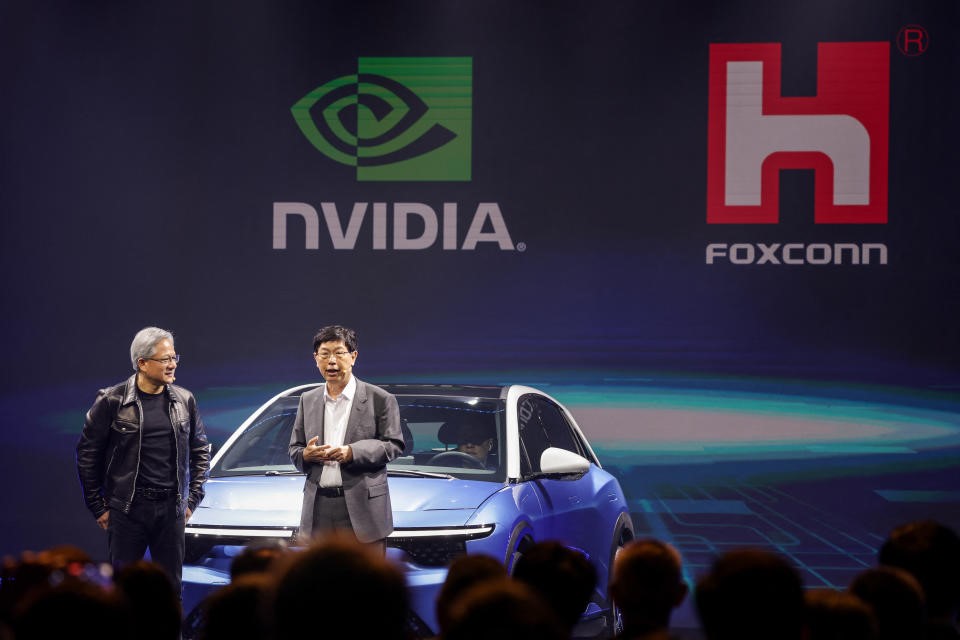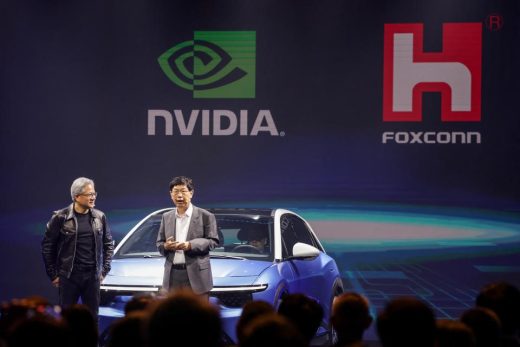NVIDIA sued for stealing trade secrets after screensharing blunder showed rival company’s code
NVIDIA sued for stealing trade secrets after screensharing blunder showed rival company’s code
Valeo said NVIDIA saved millions of dollars by stealing its trade secrets.

NVIDIA is facing a lawsuit filed by French automotive company Valeo after a screensharing blunder by one of its employees. According to Valeo’s complaint, Mohammad Moniruzzaman, an engineer for NVIDIA who used to work for its company, had mistakenly showed its source code files on his computer as he was sharing his screen during a meeting with both firms in 2022. Valeo’s employees quickly recognized the code and took screenshots before Moniruzzaman was notified of his mistake.
To note, Valeo and NVIDIA are working together on an advanced parking and driving assistance technology offered by a manufacturer to its customers. Valeo used to be in charge of both software and hardware sides of the manufacturer’s parking assistance tech. In 2021, however, the the bigger corporation won the contract to develop its parking assistance software. Valeo wrote in its lawsuit that its former employee, who helped it develop its parking and driving assistance systems, had realized that his exposure and access to its proprietary technologies would make him “exceedingly valuable” to NVIDIA.
Moniruzzaman allegedly gave his personal email unauthorized access to Valeo’s systems to steal “tens of thousands of files” and 6GB of source code shortly after that development. He then left Valeo a few months later and took the stolen information with him when he was given a senior position at NVIDIA, the complaint reads. He also worked on the very same project he was involved in for Valeo, which is why he was present at that video conference.
Valeo said its former employee admitted to stealing its software and that German police found its documentation and hardware pinned on Moniruzzaman’s walls when his home was raided. According to Bloomberg, he was already convicted of infringement of business secrets in a German court and was ordered to pay €14,400 ($15,750) in September.
In a letter dated June 2022, NVIDIA’s lawyers told the plaintiff’s counsel that the company “has no interest in Valeo’s code or its alleged trade secrets and has taken prompt concrete steps to protect [its] client’s asserted rights.” Valeo still sued the company earlier this month, however, and said that NVIDIA has “saved millions, perhaps hundreds of millions, of dollars in development costs, and generated profits that it did not properly earn and to which it was not entitled” by stealing its trade secrets.
This is but another proof that competition continues to heat up in the autonomous driving market. Back in 2017, Waymo accused Uber of colluding with its former employee, Anthony Levandowski, to steal over 14,000 confidential and proprietary design files. Levandowski was sentenced to 18 months in prison, but he was pardoned six months later by then President Donald Trump.
(15)



